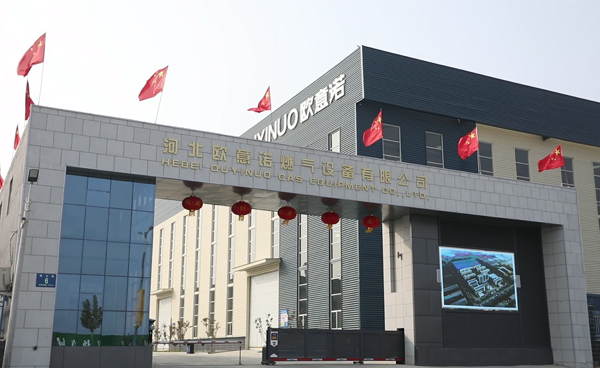
Aug . 19, 2024 22:30
Back to list
Effective Solutions for Gas Purification to Enhance Air Quality and Safety
The Importance of Gas Purifiers in Modern Industry
In the contemporary landscape of industrial processes, the significance of gas purifiers cannot be overstated. As industries expand and evolve, the necessity for effective pollution control and environmental sustainability has become more pressing. Gas purifiers play a crucial role in ensuring that harmful emissions are effectively managed, safeguarding both public health and the environment.
At its core, a gas purifier is designed to remove contaminants from industrial gases before they are released into the atmosphere. These contaminants may include volatile organic compounds (VOCs), particulate matter, nitrogen oxides (NOx), sulfur oxides (SOx), and various other hazardous materials. The presence of these pollutants can have dire consequences for both human health and the surrounding ecosystem. Therefore, the role of gas purifiers has gained heightened recognition in various sectors, including manufacturing, energy production, and chemical processing.
One of the primary benefits of gas purifiers is their ability to enhance air quality
. Industrial emissions are often a significant contributor to urban air pollution, which can lead to respiratory diseases, cardiovascular problems, and other serious health issues among the population. By utilizing advanced gas purification technologies, industries can significantly reduce their emissions, leading to cleaner air and healthier communities. This commitment to air quality not only fulfills regulatory requirements but also improves the overall quality of life for individuals living near industrial sites.gas purifier

Another critical aspect of gas purifiers is their contribution to sustainability. As the world shifts towards more sustainable practices, industries are under increasing pressure to minimize their environmental footprint. Gas purifiers facilitate this goal by enabling the recovery and reuse of byproducts generated during industrial processes. For instance, certain purification technologies can capture greenhouse gases and convert them into usable forms of energy or other products, thereby supporting a circular economy. This innovative approach not only reduces waste but also opens new avenues for resource efficiency in various industries.
Technological advancements in gas purification systems have made them more efficient and effective than ever before. From adsorption and absorption to catalytic converters and membrane separations, various methods are employed to tackle specific contaminants. The choice of technology often depends on the nature of the gas being treated and the type of pollutants present. Furthermore, continuous research and development in this field have led to the emergence of smarter, more automated purification systems that can operate more effectively, reducing operational costs and improving reliability.
Moreover, compliance with stringent environmental regulations across the globe has necessitated the integration of gas purifiers into industrial operations. Regulatory bodies set limits on permissible emission levels, and failure to comply can result in hefty fines and damage to a company's reputation. As such, investing in reliable gas purification systems has become a matter of both legal obligation and corporate responsibility.
In conclusion, gas purifiers play an indispensable role in modern industries, addressing both environmental and health concerns associated with industrial emissions. By improving air quality, promoting sustainability, and ensuring compliance with regulations, these systems contribute to a healthier planet and community. As industries continue to evolve, the importance of investing in advanced gas purification technologies will only increase, paving the way for a cleaner and more sustainable future.
Latest news
-
Safety Valve Spring-Loaded Design Overpressure ProtectionNewsJul.25,2025
-
Precision Voltage Regulator AC5 Accuracy Grade PerformanceNewsJul.25,2025
-
Natural Gas Pressure Regulating Skid Industrial Pipeline ApplicationsNewsJul.25,2025
-
Natural Gas Filter Stainless Steel Mesh Element DesignNewsJul.25,2025
-
Gas Pressure Regulator Valve Direct-Acting Spring-Loaded DesignNewsJul.25,2025
-
Decompression Equipment Multi-Stage Heat Exchange System DesignNewsJul.25,2025

